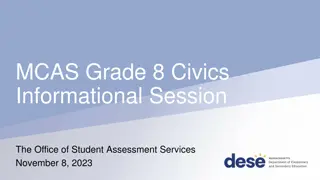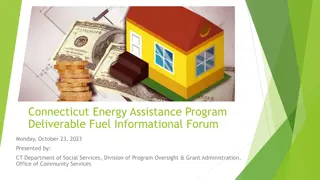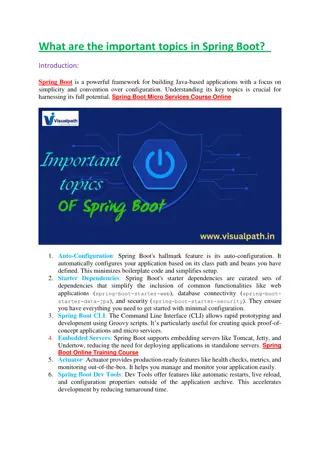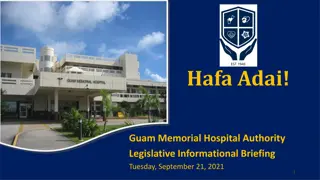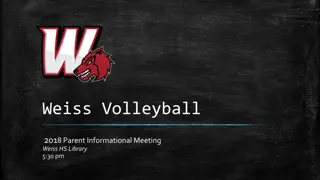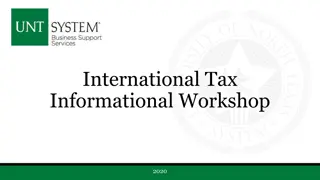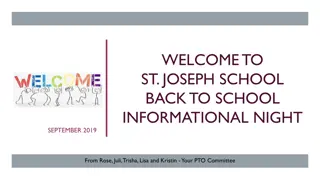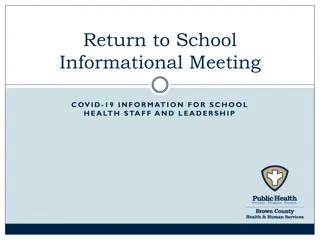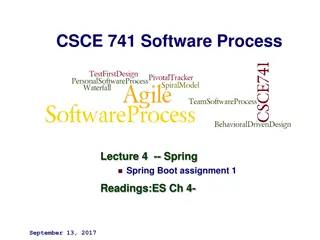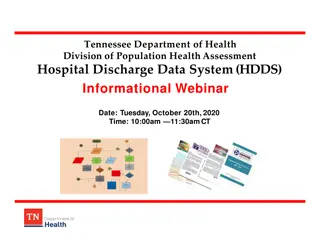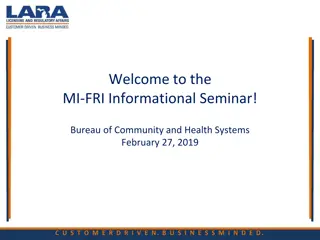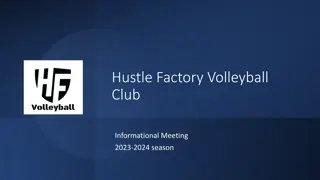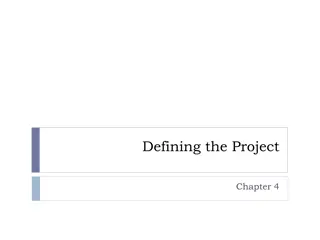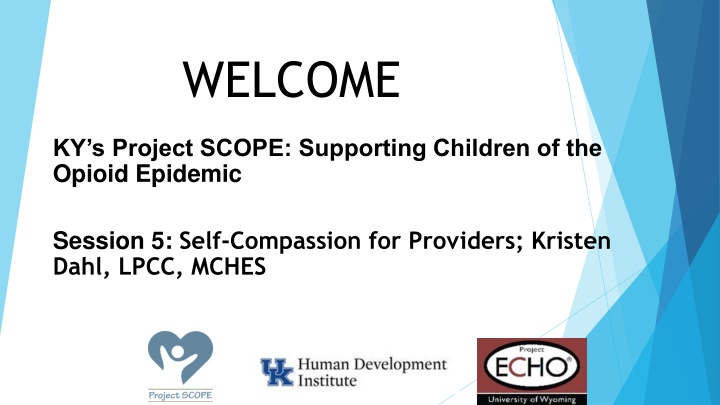
Supporting Children of the Opioid Epidemic: Self-Compassion & Provider Strategies
Join the KY Project SCOPE session focused on promoting self-compassion among providers dealing with the impact of the opioid epidemic. Learn valuable strategies for enhancing services and supporting families affected by substance use disorder. Gain insights on creating psychological safety, building connections, and prioritizing needs to facilitate resilience and recovery.
Download Presentation

Please find below an Image/Link to download the presentation.
The content on the website is provided AS IS for your information and personal use only. It may not be sold, licensed, or shared on other websites without obtaining consent from the author. If you encounter any issues during the download, it is possible that the publisher has removed the file from their server.
You are allowed to download the files provided on this website for personal or commercial use, subject to the condition that they are used lawfully. All files are the property of their respective owners.
The content on the website is provided AS IS for your information and personal use only. It may not be sold, licensed, or shared on other websites without obtaining consent from the author.
E N D
Presentation Transcript
WELCOME KY s Project SCOPE: Supporting Children of the Opioid Epidemic Session 5: Self-Compassion for Providers; Kristen Dahl, LPCC, MCHES 1
KY SCOPE Team Our partners for Project SCOPE Caroline Gooden, Director Juliet Souders, Facilitator Coordinator Brandon Cannada, Technology Mikaela Roark, Evaluation Our small group facilitators, including staff from the Administrative Office of the Courts, and our participants! 2
April and May Sessions April 7: Self-Compassion for Providers, Kristen Dahl, LPCC, MCHES April 21: Court Processes for Families, Letcher District Judge Kevin Mullins May 5: Provider Strategies for Resilience, Dr. Ginny Sprang, KY Center on Trauma and Children May 19: Toward an Understanding of Recovery for Persons with Addiction; Dr. David Lohr, Medical Director, Department for Community Based Services 3
Summary from Enhancing Services for Families with SUD, Miriam Silman (Juliet) Main takeaways: Psychological safety in workplaces and with clients is welcoming, encourages authentic expression and creativity, and removes fear of judgment Consistency, active listening, and prioritizing connection contribute to psychological safety Offering choices and promoting families' voices counters feelings of powerlessness 4
Case Presentation from March 24: "Jarred" Strategies: Create psychological safety Build connection by asking what they like to do as a family, learning who they are as people Ask open-ended questions to discover what their most important needs are Offer choices Start with small decisions: what do you want to talk about first? Do you want the good news first or the bad news? Let them choose where to sit. Offer snacks and activities to kids Offer alternate location for appointments; would telehealth be useful? 5
Strategies from March 24 Encourage family members to speak up about what they do and don't like or want Talk through typical day. What is going okay for you? What is challenging for you? Offer judgment-free space; talk about confidentiality to build trust. Offer resources in Spanish and English; find bilingual service providers. Engage family in collaborative planning Rank/prioritize needs and goals- Physical needs must be met before higher level thinking can take place. Do value sort activity and encourage them to talk about what values mean to them. 6
Thanks to our Small Group Facilitators Caroline Gooden and Bridgette Talley (Group 1) Juliet Souders and Linnea Viniard (Group 2) Brittany Barber and Kayla Harmon (Group 3) Tanya Torp and Sacha Bravin (Group 4) Karen Cottengim and Mahala Saylor (Group 5) Dr. Myra Beth Bundy (Group 6) 7
Todays Schedule 4:00-4:15pmET/3:00-3:15pmCT: welcome, call procedures 4:15-4:45pm ET/3:15-3:45pmCT: Self-Compassion for Providers; Kristen Dahl 4:45-5:15pm/3:45-4:15pmCT: Small group case discussion 5:15-5:30pm/4:15-4:30pmCT: Large group discussion, wrap up 8
Session Procedural Reminders Cameras on, please; unmute during small groups Enter name, email, and county in chat each time for attendance Take care of your needs during session; topics may be sensitive Thank you for protecting confidentiality; change names of all persons discussed Addiction is a disease, not a choice SCOPE sessions: engage actively 9
Session Procedural Reminders 2 Use person-first language (child born substance exposed; family with child with neonatal abstinence syndrome) Session recorded and close captioned (turn on in zoom) Ask questions anytime in chat Respect all viewpoints Please send case studies on future topics to Juliet/Caroline for related book 10
Resource Materials and Zoom (Brandon) Please contact brandon.cannada@uky.edu for assistance Select your region at small group breakout time Rejoin zoom anytime bounced off at https://uky.zoom.us/j/81895351022 See resource materials, including CEU information, at https://www.hdilearning.org/project-scope-echo-series-spring- 2022/ and https://www.hdilearning.org/scope-echo-ceu- information-spring-2022/ 11
Todays Session Self-Compassion for Providers, Kristen Dahl You will be assigned to small groups 12
Small Group Discussion Questions 1) What are the main takeaways from this presentation? 2) How do you tend to cope with stressful situations? 3) What strategy has not been useful or successful for coping with stressful times at work or at home? 4) Describe one identifier of secondary trauma in you or others 5) How do you support others who are experiencing secondary trauma? 6) What advice would you offer your younger self for coping with challenging situations? 13
Large Group Sharing 1) What are the main takeaways from this presentation? 2) How do you tend to cope with stressful situations? 3) What strategy has not been useful or successful for coping with stressful times at work or at home? 4) Describe one identifier of secondary trauma in you or others 5) How do you support others who are experiencing secondary trauma? 6) What advice would you offer your younger self for coping with challenging situations? 14
Evaluation Please complete pre-series surveys and evaluations after each session and after series Incentives: exciting book selections for those who send case studies; and for those who complete all sessions 15
Contacts for Support Project Director: caroline.gooden@uky.edu Lead Facilitator and CEUs: Juliet.souders@uky.edu Technology: brandon.cannada@uky.edu Evaluation: Mikaela.roark@uky.edu Next session: April 21st: Court Processes for Families, Letcher District Judge Kevin Mullins Please send your child challenges on this topic 16


